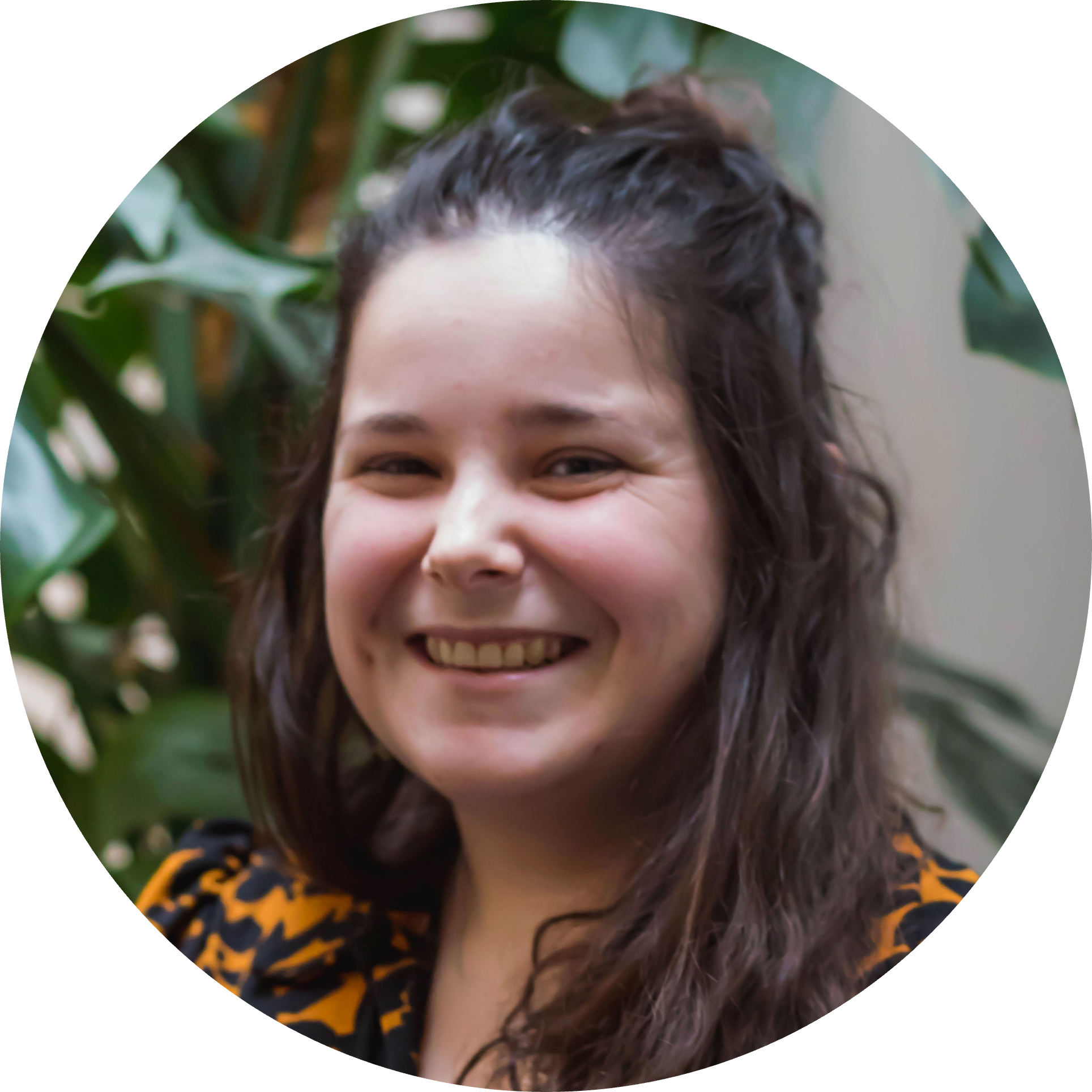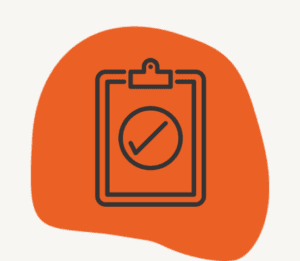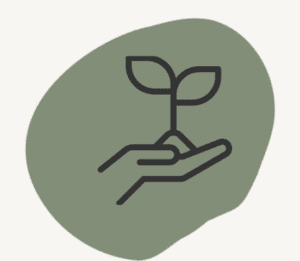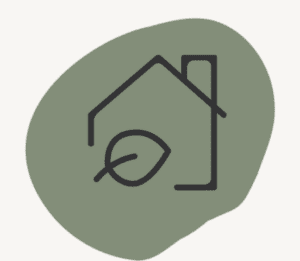Here at isla we think it’s important to practise what we preach, so in this series we take a deeper dive into what sustainability really looks like on the ground for members of the isla team. This week we hear from new isla TRACE Customer Success Officer, Emily Shephard.

Sustainability loves
Food: Kimcheese Toastie. Using zero waste (veg scraps) kimchi, cheese from Westcombe dairy and heritage grain sourdough.
Drink: Slobode Deviner. A low-intervention orange wine from Slovakia grown on a 17Ha vineyard where the health of the soil and the surrounding wildlife is the most important consideration.
Fashion: If I’m buying new then I’ll always lean towards Patagonia or Finisterre for their sustainability credentials and ethos.
Product/Service: My Sea & Flo menstrual cup to reduce monthly menstrual waste, it also comes with a beautifully designed, discreet storage bag.
Location: The Ethicurean, Bristol. A restaurant where you can really feel the importance of where your food comes from. Situated in a walled garden, you can see and eat the seasons, everything across the drinks list and the menu is considered with regenerative agriculture, supporting small business and sustainability in mind.
Quote: “The world is already shaped by food, so we may as well start using food to shape the world more positively.” – Carolyn Steel, Sitopia
Resource: Vinted for second-hand shopping.
How do you ‘do’ sustainability in your own life?
I try and implement sustainable habits across everything, using refillable products where I can, buying clothing second hand and eating a predominantly vegetarian diet. The biggest thing I try and do is to support restaurants that are cooking with seasonality and sustainable sourcing in mind.
Are they any local sustainability initiatives that you’re excited about/have engaged with?
The Mazi Project based in Bristol works with care leavers and vulnerable people to give access to great food that is also locally sourced. A really important, oft-forgotten element of a sustainable journey is to also ensure that it is also accessible and wide-reaching. They deliver meal boxes that aim to engage more people in the role of food as part of sustainability goals and close that gap.
How do you connect to the natural environment?
Finding a good beach for a cliff walk and a swim. Followed by a flask of coffee to warm up. There’s a great spot for this in Pembrokeshire, Mwnt. Some big waves to play in and the chance that you’ll be joined by seals.
What one event that you attended really impressed you in terms of sustainability credentials and why?
I haven’t been but the messaging and work that Shambala puts into its sustainability efforts are always impressive and thought-provoking.
What was your biggest aha moment when it came to climate change/the environment?
Listening to the book ‘English Patstoral’ by James Rebanks on audible. His description of the pressures that those farming the land are under to increase production to compete and how that can be visualised in everyday scenarios. For example, via a decrease in the number of birds following a plough as the land gets churned up, because there are no longer worms in the soil as it’s no longer fertile. It made me think about how connected everything is and how if not looked after can spiral out of control and the real consequences observed too late.
Tell us something unusual about your sustainability journey…
I attended a sustainability in hospitality learning week in Copenhagen with the MAD Academy. It was a great chance to meet and work with passionate chefs and FoH on finding viable solutions within the restaurant industry. It also involved standing in a giant freezer looking at ice cores and visiting a seaweed farm! It was here that I honed a passion and sense of responsibility within my role as a restaurant manager and began pushing much more on zero-waste cocktails and thinking about the details within both the drinks offering and staff welfare, a more holistic look at sustainability in practice. It wasn’t enough just to be running a sustainable restaurant but important to empower your team to be able to make sustainable decisions outside of work too.
What’s on your sustainability to-do list?
To get much better at not just purchasing with sustainability in mind, but reducing what I buy. Changing my mindset to consider that what I already have is the most sustainable option regardless of the credentials of the new purchase.
Read more:
My Sustainability Story: Kat Bednarczyk
My Sustainability Story: Megan Harris
My Sustainability Story: Rebecca Lardeur
Our latest news













